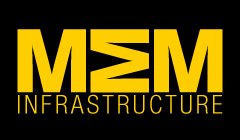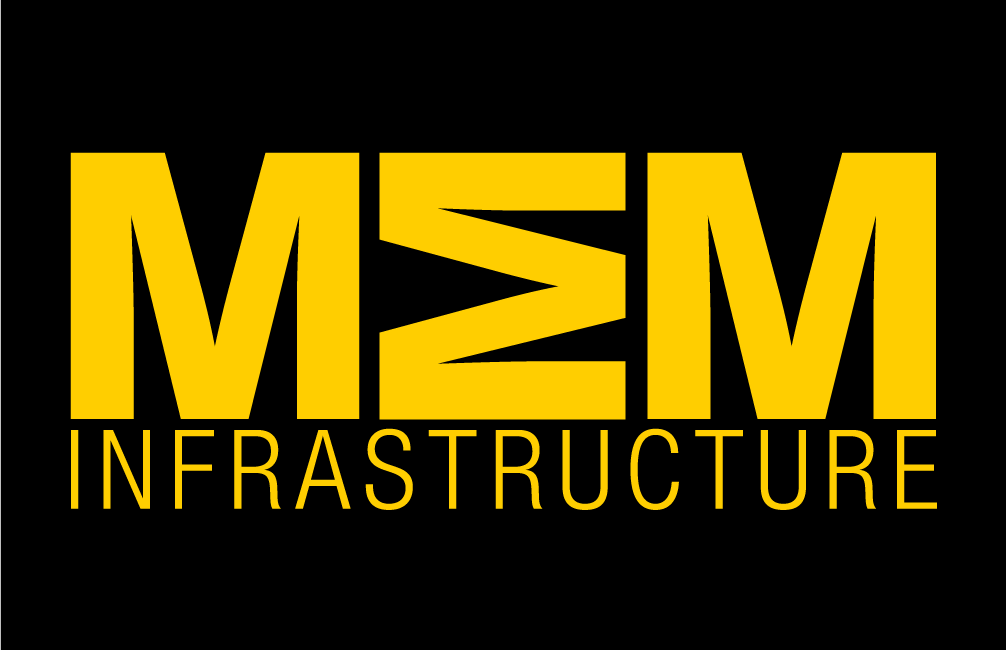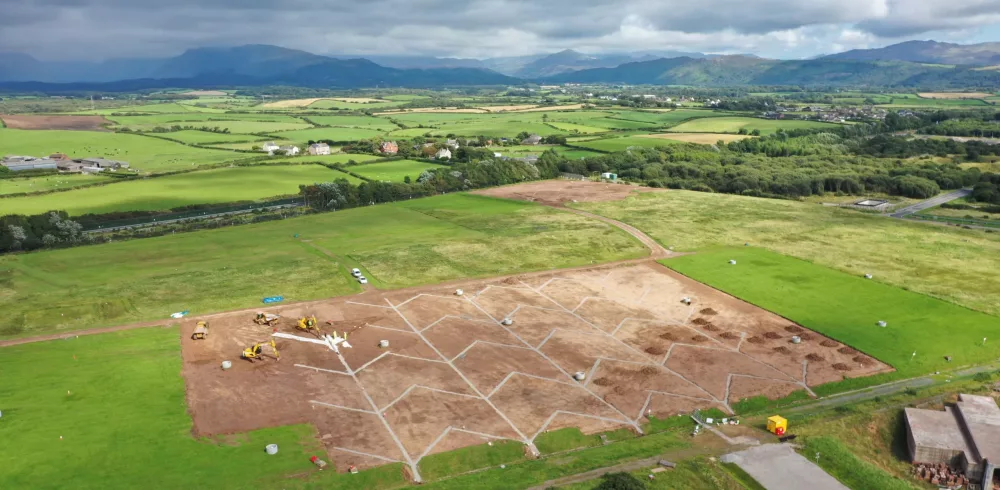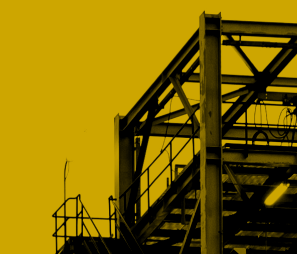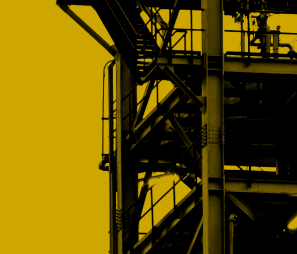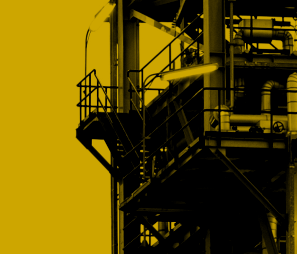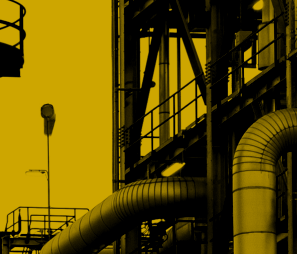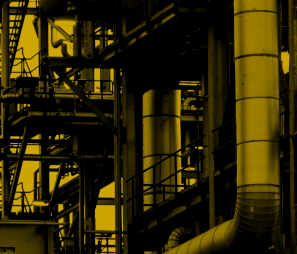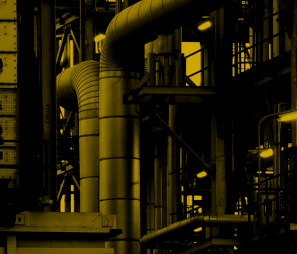The Repository, which is part of Nuclear Waste Services (NWS) and manages disposal of the UK’s low level radioactive waste, has started key work on the final capping of historic trenches and vaults which are now full and ready for permanent closure.
Disposal of low level radioactive waste began in 1959 with waste being tipped into lined trenches at the Repository site near Drigg, Cumbria. Disposal techniques evolved during the late 1980s and early 1990s through the construction of highly engineered concrete vaults. This resulted in a modern, innovative approach to the treatment and safe disposal of low level nuclear waste in specially designed metal containers, which was placed in engineered vaults at the Repository site
A long-term programme is now underway to permanently close the existing vaults and adjacent trenches – and initial work on the ground has now begun. This work is key to Nuclear Waste Service’s mission to make nuclear waste permanently safe, sooner, which is vitally important to the UK and future generations.
The UK has been producing and managing nuclear waste for many decades and will continue to do so for many more. Today, nuclear power is viewed by the UK Government as essential to the low-carbon energy mix and securing our energy supply in the future. The Welsh Government also supports nuclear new build. Therefore, the ability to safely manage and dispose of nuclear waste today and for future generations is crucial.
The project (Capping Operations) is a significant scope of work both in terms of scale and complexity. The initial work of the Capping Operations is now progressing, and will take five years.
This first phase, Southern Trench Cap Interim Membrane (STIM) project, will see a replacement membrane put in place over some of the trenches to continue to protect the waste and will remain in place for up to 100 years. Early works are underway and include installing drainage across the trenches to prepare the area for the membrane installation. The trenches and vault will be gradually covered by the final cap as work progresses.
Mike Pigott, Director of Sites and Operations for NWS, said:
“The Low Level Waste Repository is an important national asset and is critical to delivering the Nuclear Waste Services’ mission. I am pleased we’re progressing work on this long-term project with work commencing on site for this phase, it is vitally important that NWS caps the existing vaults and trenches to provide long-term protection to the wastes and the environment for generations to come.
“We’re making good progress on the project with a cap design agreed, infrastructure in place to deliver this work and permission to build the cap has been granted by the local authority. We will continue to work with our community to maintain our social licence to operate and are committed to being a considerate neighbour whilst delivering our important mission.”
NWS has been engaging with the local community with drop-in sessions and site tours to share more details about what residents will see and hear over the next six to twelve months of operations. Plans are in place to mitigate and minimise any associated noise, dust, traffic, ecological and visual impacts.
NWS is currently engaging with the supply chain to select the contractor for the next phase of the project, which is planned to be phased over four years and expected to commence late in 2024. The project involves the installation of an additional membrane under the interim trench cap.
NWS is a core part of the Nuclear Decommissioning Authority (NDA) group, which is responsible for keeping the UK’s former nuclear sites and facilities safe and secure as they are decommissioned.
Most radioactive waste arising in the UK is Low Level (LLW) or Very Low Level (VLLW). Nuclear Waste Services delivers solutions for this waste, including at the Low Level Waste Repository (LLWR), as a valuable but finite resource for low level waste disposal.
The Low Level Waste Repository in Cumbria is the UK’s primary LLW disposal facility. This nuclear licensed site enables the safe, secure, and environmentally compliant effective management of low level waste materials needing disposal in engineered vaults.
In the last decade low level and intermediate level waste has been dealt with more sustainably, protecting the remaining disposal vault capacity available. Alternative options such as re-use, recycling, decontamination, incineration, and specialised landfill, (for waste with the very lowest levels of radioactivity), are now preferred with disposal at the Repository site seen as a last resort.
Manufacturing & Engineering Magazine | The Home of Manufacturing Industry News
